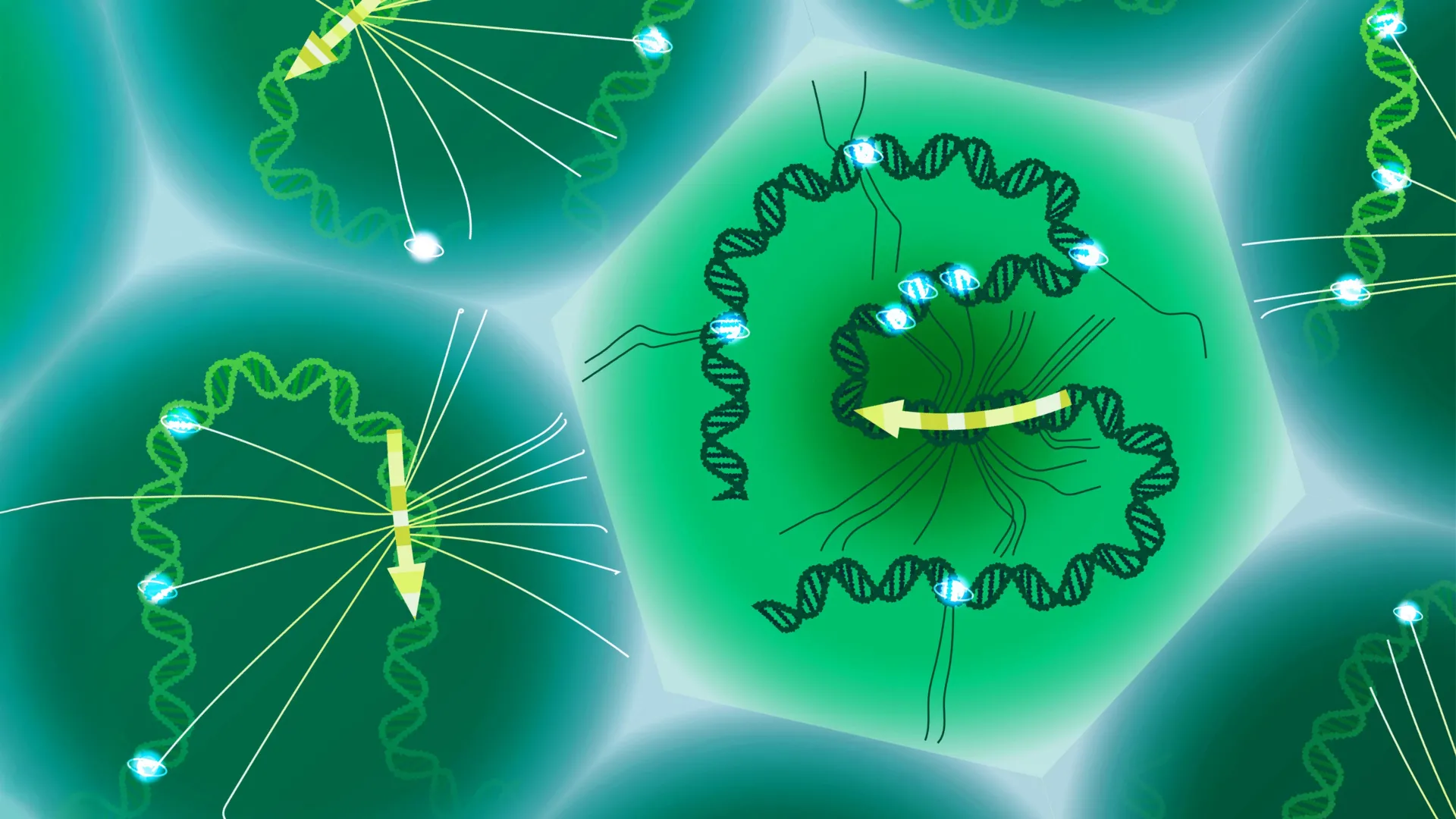PROTECT YOUR DNA WITH QUANTUM TECHNOLOGY
Orgo-Life the new way to the future Advertising by AdpathwayRead a transcript of this episode. Subscribe to receive transcripts.
Every solar array, battery system, and EV charger installed over the past decade will eventually need to be decommissioned. Yet there’s no unifying system to handle that flow of materials—no operating system for the reverse supply chain that the circular economy depends on. While Americans recycle 97% of vehicles, we recycle less than 20% of electronics, leaving valuable critical minerals like lithium, cobalt, and gold to languish in warehouses or end up in landfills. The electronics embedded in our built environment represent the richest mining scene on Earth, yet we treat these refined materials as waste rather than the valuable resources they are. Meet Alexander Olesen, co-founder and CEO of Buckstop, an urban mining company launched in early 2025 to build what he calls “the intelligence layer for the circular economy.” He previously founded Babylon Micro Farms, which develops distributed vertical farming systems, and he returns to Sustainability In Your Ear to share his new mission: creating a sustainable end-of-use solution for every electronic device on Earth.
 Alexander Olesen, cofounder and CEO of Buckstop, is our guest on Sustainability In Your Ear.
Alexander Olesen, cofounder and CEO of Buckstop, is our guest on Sustainability In Your Ear.Buckstop took just three months to deploy its “algorithmic assay,” a method of deconstructing finished goods into their raw materials and critical minerals at scale, something that wasn’t possible to do efficiently before the advent of AI. The result: asset owners can now see the granular value of their deployed electronics in unprecedented detail. The scrap value of electronics typically yields only 1-5% recovery, but resale value can reach 20-30%. For Fortune 500 companies with billions in fixed assets, that circularity delta represents enormous value currently being destroyed. Olesen’s approach draws directly from his decade-long experience as an OEM manufacturing vertical farming equipment with 1,200 unique components. “Why is there no comprehensive end-of-life solution for technology assets?” he asked. Every hardware entrepreneur he knew in renewables, robotics, and distributed systems faced the same problem.
Buckstop’s model draws inspiration from an unlikely source: Kelley Blue Book. “Kelley Blue Book was the data stream that formalized the aftermarket for vehicles,” Olesen notes. Before that standardization, people would leave cars rusting by the roadside. Today, the automotive industry is the most circular industry on the planet. Olesen believes the same transformation is possible for the electronics industry. The platform currently focuses on renewable energy infrastructure—solar panels, batteries, inverters—but Buckstop’s long-term vision extends to one day tracking all electronic assets. As Olesen puts it: “If you can’t measure it, you can’t improve it.” That measurement is where circularity begins.
You can learn more about Buckstop and access the beta assessment tool at buckstop.com.
- Subscribe to Sustainability In Your Ear on iTunes
- Follow Sustainability In Your Ear on Spreaker, iHeartRadio, or YouTube


 12 hours ago
1
12 hours ago
1






















 English (US) ·
English (US) ·  French (CA) ·
French (CA) ·